Did you know that?
The shareholding workers cooperative (COOP) is an original form of employee share ownership, unique in Quebec, which allows employees of a company to collectively acquire and hold a minority block of shares in said company that employs them.
The COOP is part of many socially innovative employers’ strategies to foster and encourage the involvement and participation of its employees in the key decision-making bodies of the company that employs them. By speaking as a collective, employees can exercise more influence than if they held shares individually through more traditional employee share ownership schemes.
Most of the case studies in Quebec found that integrating a COOP into a company’s structure is a mobilizing project and a growth factor, fueled by employees who are now more invested in the company’s mission and expansion.
What are the concrete benefits for the entrepreneur?
- Better staff retention
- Fundraising (collective investment by employees) to capitalize, finance its growth and ensure its sustainability
- Investment leverage: the COOP can obtain loans on very favourable terms from institutions whose mission is to boost the Quebec cooperative movement
- Sharing risks with employees
- Facilitating entrepreneurial succession and continuity of operations in the event of the entrepreneur’s departure: employees who are already fully invested in the business can purchase the company without the need for a third-party buyer
What about employees?
- Better survival rate of the company (thus preservation of jobs)
- Better motivation and productivity
- Greater sense of belonging
- Rebates: an equitable revenue sharing mechanism like dividends.
- Access to the Cooperative Investment Plan (CIP) and the Cooperative RRSP: two programs allowing employees to benefit from substantial tax savings
However, the COOP is a complex and costly legal form to set up and operate. It requires a certain amount of leadership from the employees, who must first and foremost understand the project. After that, the COOP operates as a full-fledged company and must comply with numerous government disclosure and filing obligations.
This is a major procedural and monetary undertaking, requiring the consultation of lawyers and accountants independent of those of the company, primarily to educate and guide the employees through the process.
This article is solely provided for informational purposes and is not intended to be legal advice or a professional opinion of any kind.


